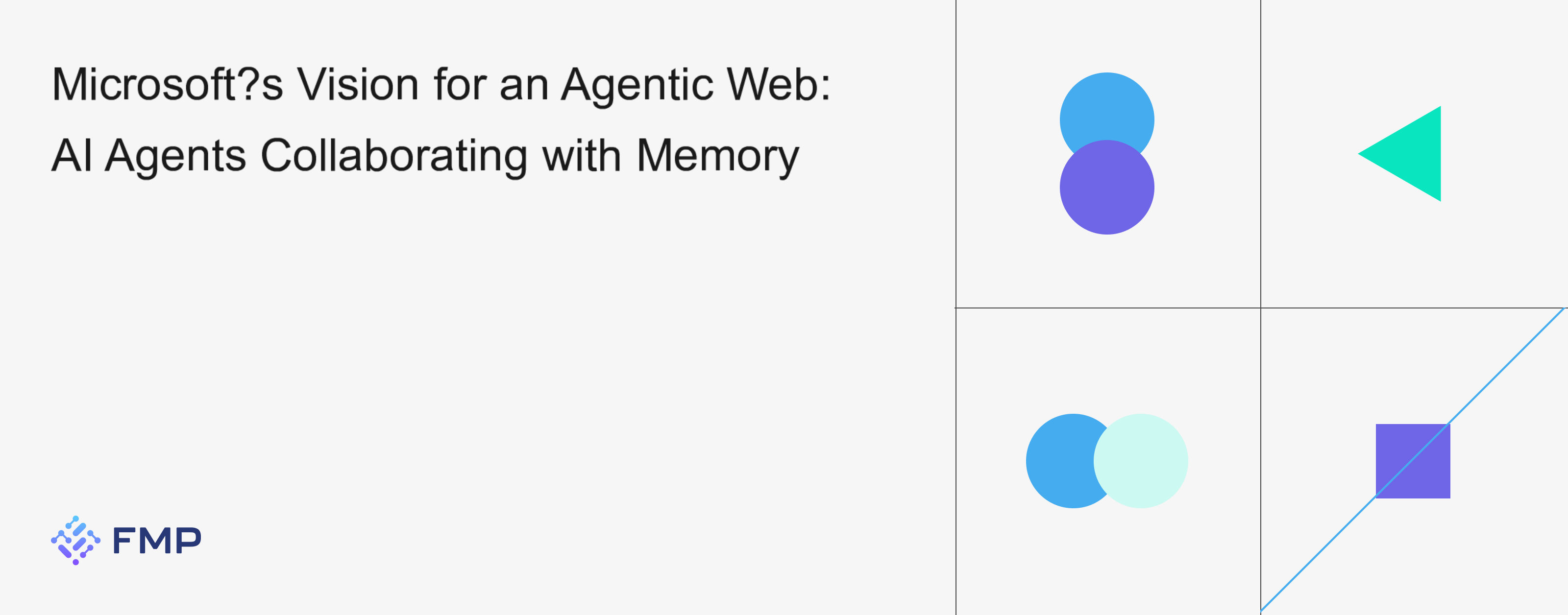
Microsoft is charting a path toward an “agentic web” where AI agents from any company interoperate seamlessly and retain richer conversational histories. CTO Kevin Scott outlined this ambition ahead of the Build 2025 conference, highlighting open standards and improved memory as cornerstones for the next generation of AI tooling.
What Microsoft Is Proposing
Open Collaboration Protocols: Backing the Model Context Protocol (MCP)—originated by Anthropic and supported by Google—Microsoft aims to enable AI agents to invoke each other’s capabilities much like web services invoke APIs today.
Agentic Web Framework: MCP could serve as the hypertext equivalent for agent communication, letting developers stitch together multi-vendor AI workflows without building proprietary bridges.
Why Shared Memory Matters
Beyond Transactional Interactions: Current agents largely forget past user requests; Microsoft wants agents to recall context across sessions, improving continuity and reducing repetitive prompts.
User Experience Gains: Persistent memory allows agents to refine user preferences, recognize long-term goals, and deliver proactive suggestions—shifting from reactive chatbots to proactive collaborators.
Developer Impact at Build 2025
Unified SDKs and Toolkits: Attendees can expect new SDK extensions that natively support MCP, simplifying integration of cross-vendor agent calls.
Enhanced Memory APIs: Preview memory-management libraries that abstract away storage concerns and offer encryption-by-default for sensitive user data.
Financial Strength Fuels Innovation
Microsoft’s robust balance sheet underpins its ability to invest heavily in open-source standards and developer ecosystems. According to FMP’s Company Rating & Information API, MSFT holds a AA+ corporate rating and maintains over $130 billion in cash and equivalents—providing ample runway for sustained R&D and ecosystem support (Company Rating & Information API).
Moreover, FMP’s Ratios TTM API shows Microsoft dedicates roughly 18% of its trailing-twelve-month revenue to R&D—well above the tech sector average—underscoring its commitment to frontier technologies like agent interoperability and memory augmentation (Ratios TTM API).

